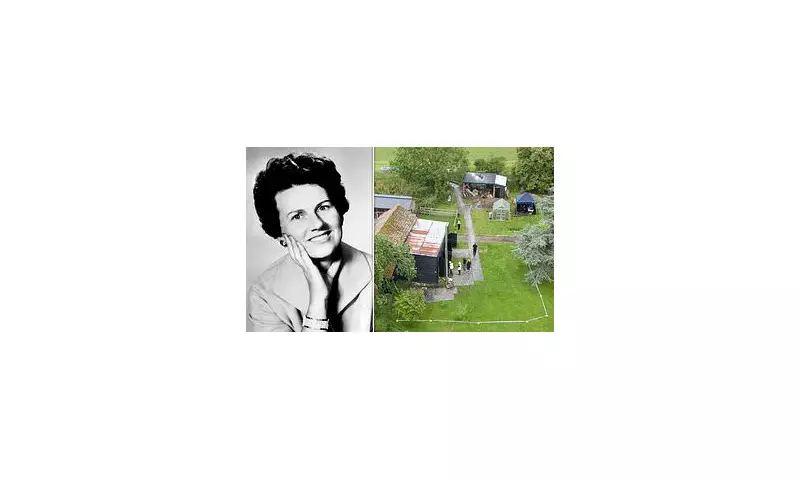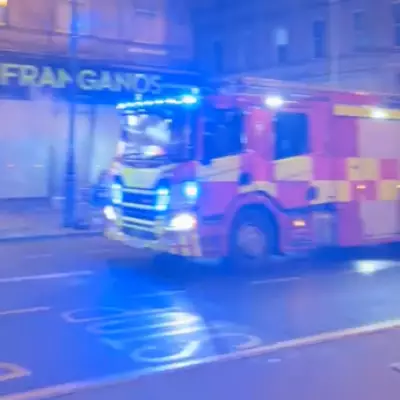
A startling new development has reignited one of Britain's most perplexing cold cases—the 1969 abduction and murder of Muriel McKay. For over five decades, the victim's family has sought answers, and now a fresh lead suggests her final resting place may be in London's East End, not on a Hertfordshire farm as previously believed.
The case, which shocked the nation, began with a case of mistaken identity. Kidnappers Nizamodeen and Arthur Hosein had intended to abduct Anna Murdoch, the then-wife of media mogul Rupert Murdoch. In a tragic error, they seized Muriel McKay, the wife of Murdoch's deputy, Alick McKay, from her Wimbledon home.
The kidnappers demanded a £1 million ransom. Despite Alick McKay delivering part of the sum, the situation turned fatal. The Hosein brothers later confessed to her murder at their Stocking Farm estate, claiming she died of a heart attack, but her body was never recovered.
A Father's Lifelong Search
For 55 years, Muriel's husband, Alick, and subsequently her children, pursued every possible lead. The long-held police theory was that her remains had been fed to pigs on the farm. However, this new information, provided by a source close to the original investigation, challenges that narrative entirely.
The witness has come forward with a compelling account, alleging the body was transported to a location in the East End of London for burial. This individual, who knew the Hosein brothers, claims to have been present during discussions about the disposal of the body and has provided specific details about the potential burial site.
The Modern Hunt for Justice
Muriel's granddaughter, Karla McKay, has become a driving force in the renewed investigation. 'This is the most significant lead we have had in years,' she stated. 'For my father and his brother, who have lived with this pain their entire lives, finding her is about finally laying her to rest with dignity.'
Scotland Yard's Specialist Crime Command is now assessing the credibility of this new information. The witness's account is considered highly specific and is being treated with seriousness, potentially warranting a new forensic search of the identified East End location.
The case remains a dark chapter in British criminal history, a stark reminder of a brutal crime born of greed and error. This new lead offers a fragile hope that the McKay family may yet find the closure they have sought for more than half a century.





